Automotive diagnostic tools are essential for any automotive mechanic, as they allow you to quickly and accurately diagnose problems with a vehicle. There are many different types of automotive diagnostic tools available, each with its own specific purpose.
Here are some of the most common types of automotive diagnostic tools:
-
Scan tools: Scan tools connect to a vehicle's computer system and allow you to read and clear diagnostic trouble codes (DTCs). They can also be used to view live data from the vehicle's sensors, and perform various other tests.
-
Oscilloscopes: Oscilloscopes display the voltage waveform of a signal over time. They can be used to troubleshoot electrical problems, such as intermittent issues or problems with the ignition system.
-
Pressure gauges: Pressure gauges measure the pressure of various fluids in a vehicle, such as the oil pressure, fuel pressure, and coolant pressure. They can be used to diagnose problems with the engine, transmission, and cooling system.
-
Multimeters: Multimeters measure voltage, current, and resistance. They can be used to troubleshoot electrical problems, such as blown fuses, bad connections, and short circuits.
By using the right automotive diagnostic tools, you can quickly and accurately diagnose problems with a vehicle, saving you time and money.
[2/2 In Drive]
Here is a bulleted list of the types of automotive diagnostic tools:
- Scan tools
- Oscilloscopes
- Pressure gauges
- Multimeters
- Oil pressure testers
- Fuel pressure testers
- Coolant pressure testers
- Vacuum gauges
- Compression testers
- Leak detectors
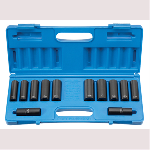
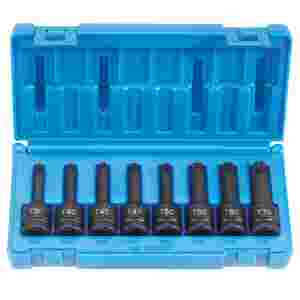
















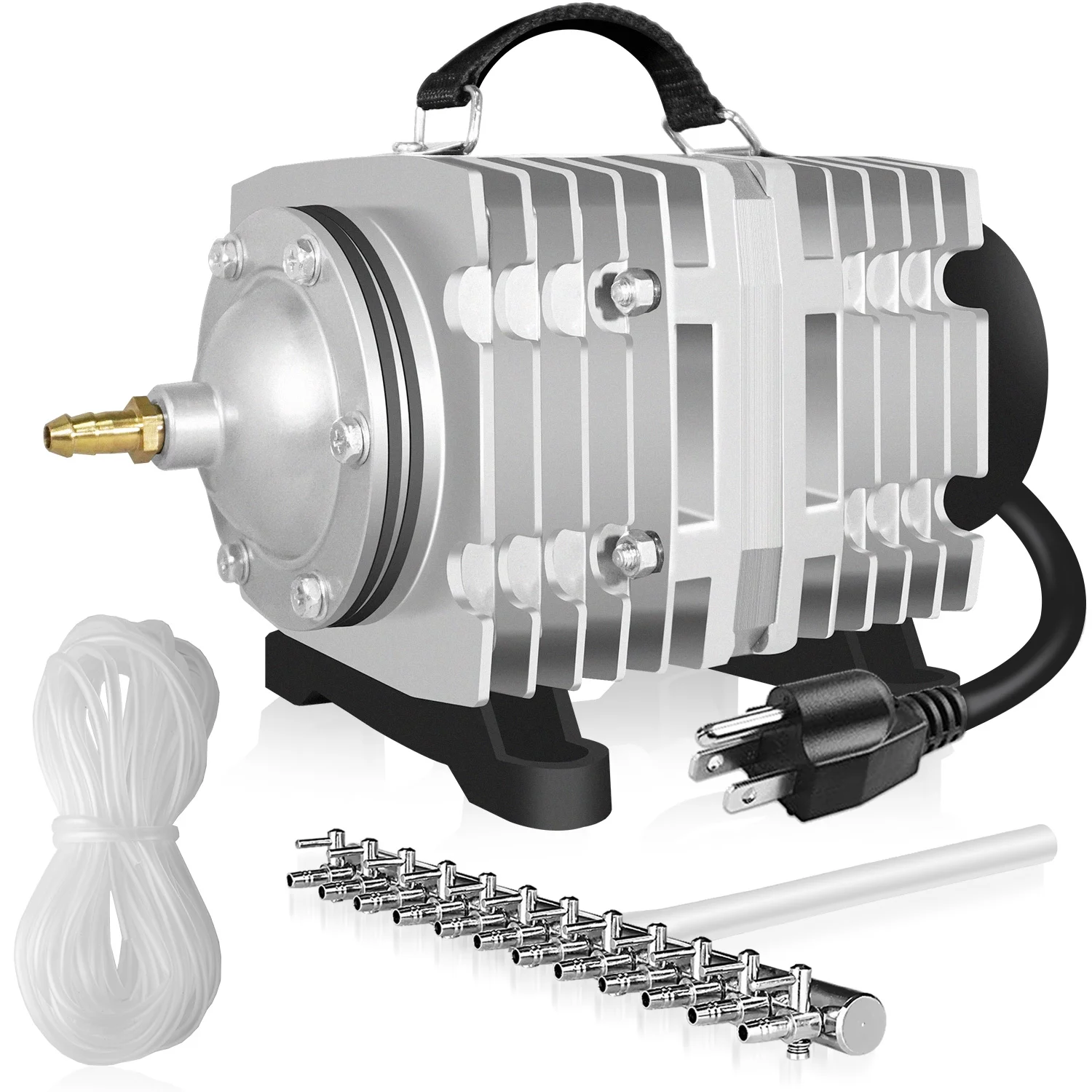


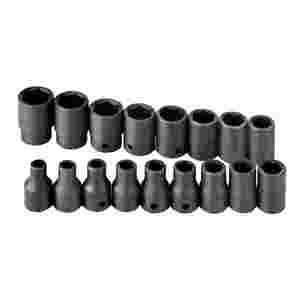

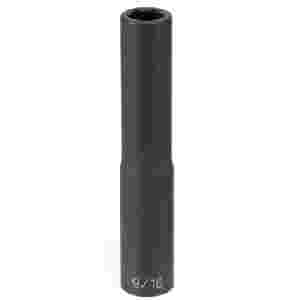
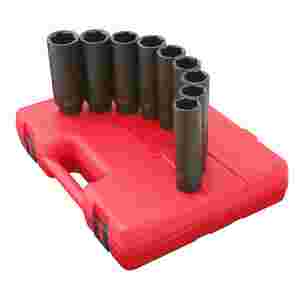

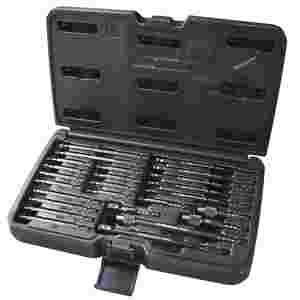

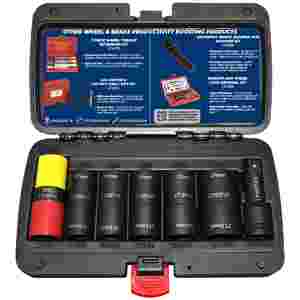


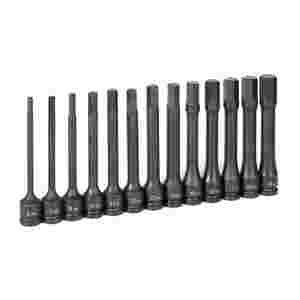

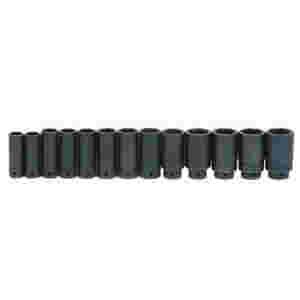
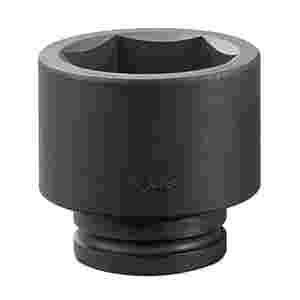
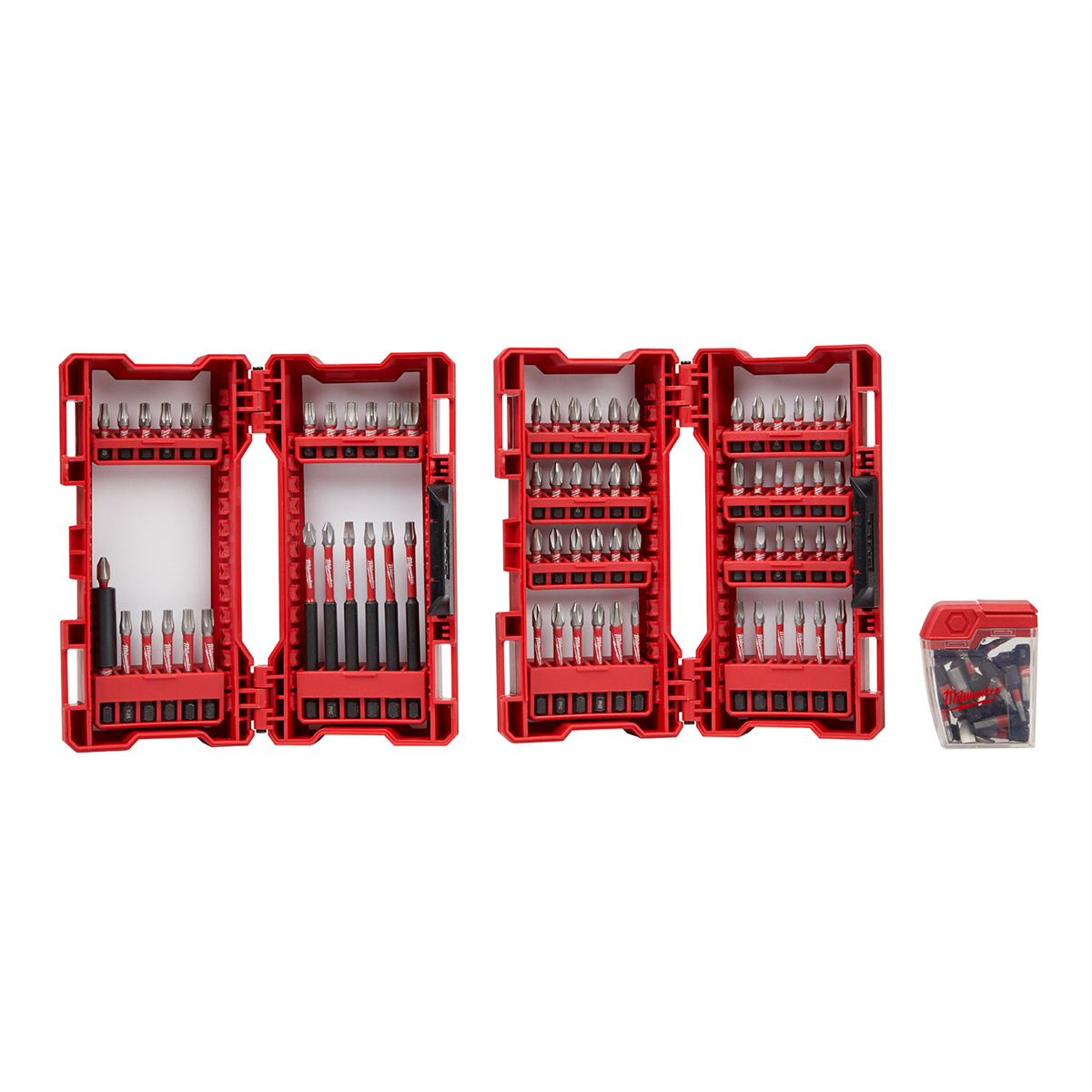











Follow us on social media